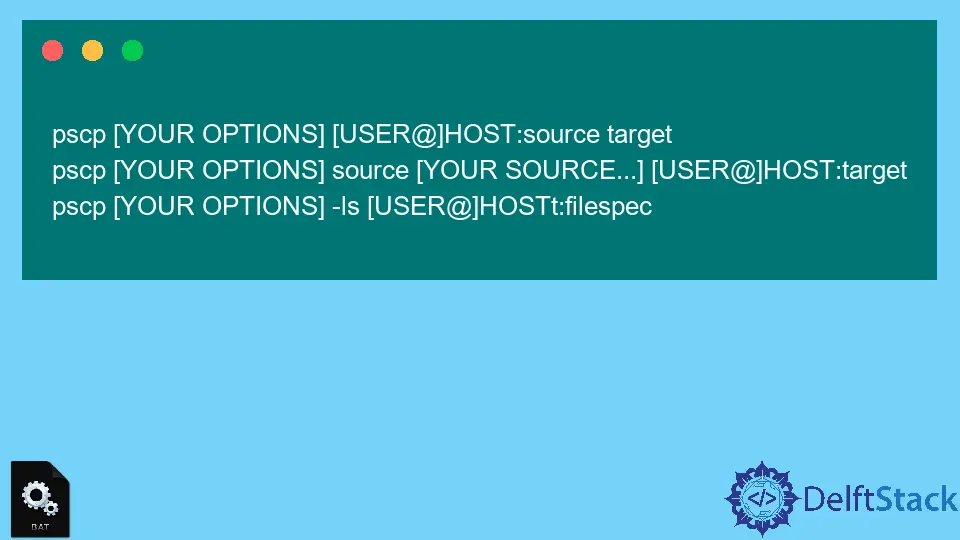Mastering Raspberry Pi Remote Batch Job: Your Ultimate Guide
Raspberry Pi has become a cornerstone for enthusiasts, developers, and professionals alike who want to explore automation, remote computing, and task management. If you're looking to leverage Raspberry Pi for executing remote batch jobs, this article is your go-to resource. In today's fast-paced world, automating repetitive tasks and managing remote systems efficiently is essential for productivity. With Raspberry Pi, you can set up a robust system to handle remote batch jobs with ease. This guide will walk you through everything you need to know, from setting up your Raspberry Pi to troubleshooting common issues.
Raspberry Pi remote batch jobs allow you to execute scripts or programs on a remote system without needing constant supervision. Whether you're managing server updates, processing large datasets, or automating IoT devices, Raspberry Pi provides the flexibility and power to handle these tasks seamlessly. In this article, we'll delve into the nuances of setting up and managing remote batch jobs on Raspberry Pi, offering practical tips and expert advice along the way.
As we explore the intricacies of Raspberry Pi remote batch jobs, you'll discover how to optimize your setup for maximum efficiency. From configuring SSH access to scheduling tasks using cron jobs, we'll cover it all. Whether you're a beginner just starting with Raspberry Pi or an experienced developer looking to refine your skills, this article will provide valuable insights and actionable steps to help you succeed.
Read also:Luxmoviein Your Ultimate Destination For Cinematic Excellence
What is a Raspberry Pi Remote Batch Job?
A Raspberry Pi remote batch job refers to the execution of automated tasks or scripts on a remote Raspberry Pi system. These jobs are typically scheduled to run at specific intervals or triggered by certain events, allowing users to manage tasks without manual intervention. By leveraging tools like SSH, cron, and Python scripts, you can create powerful automation pipelines that enhance productivity and streamline workflows.
Why Should You Use Raspberry Pi for Remote Batch Jobs?
Raspberry Pi offers several advantages when it comes to executing remote batch jobs. First, its affordability makes it an attractive option for both hobbyists and professionals. Second, its versatility allows it to handle a wide range of tasks, from simple data processing to complex machine learning models. Finally, its open-source nature ensures compatibility with a vast array of tools and libraries, giving users the flexibility to customize their setups according to their needs.
How Can You Set Up a Raspberry Pi Remote Batch Job?
Setting up a Raspberry Pi remote batch job involves several steps, starting with configuring your Raspberry Pi and ensuring secure remote access. Below are the key steps to follow:
- Install and configure your Raspberry Pi operating system.
- Enable SSH for secure remote connections.
- Write and test your batch job scripts locally.
- Schedule the scripts using cron or other scheduling tools.
- Monitor and troubleshoot the jobs to ensure smooth execution.
What Are the Key Tools for Managing Raspberry Pi Remote Batch Jobs?
When managing Raspberry Pi remote batch jobs, having the right tools is crucial. SSH (Secure Shell) is one of the most important tools, allowing you to securely connect to your Raspberry Pi from a remote location. Additionally, cron, a time-based job scheduler in Unix-like operating systems, enables you to automate the execution of scripts at specific intervals. For more complex tasks, you might consider using Python or Bash scripts to handle the logic of your batch jobs.
What Are the Common Challenges in Raspberry Pi Remote Batch Jobs?
While Raspberry Pi remote batch jobs offer immense potential, they come with their own set of challenges. One common issue is ensuring secure connections, especially when working with sensitive data. Another challenge is debugging scripts that fail to execute as expected. To overcome these challenges, it's essential to implement best practices, such as using strong passwords, enabling two-factor authentication, and thoroughly testing your scripts before deployment.
Can Raspberry Pi Handle Large-Scale Remote Batch Jobs?
Yes, Raspberry Pi can handle large-scale remote batch jobs, provided you optimize your setup for performance. This involves choosing the right hardware, such as the Raspberry Pi 4 with sufficient RAM, and optimizing your scripts for efficiency. Additionally, distributing the workload across multiple Raspberry Pi units or leveraging cloud services for heavy computations can help manage large-scale tasks effectively.
Read also:Mastering Remote Iot Batch Jobs On Aws A Comprehensive Guide
How Do You Secure Your Raspberry Pi Remote Batch Job Environment?
Securing your Raspberry Pi remote batch job environment is critical to protecting your data and maintaining system integrity. Here are some best practices to follow:
- Change the default SSH port to deter automated attacks.
- Disable password authentication and use SSH keys instead.
- Regularly update your Raspberry Pi operating system and software.
- Use a firewall to restrict unauthorized access.
Why Is Monitoring Important for Raspberry Pi Remote Batch Jobs?
Monitoring your Raspberry Pi remote batch jobs ensures that your tasks are executing as intended and helps identify potential issues before they escalate. By setting up logging mechanisms and alert systems, you can stay informed about the status of your jobs and take corrective actions when necessary. Tools like Logwatch and Monit can be invaluable for monitoring your Raspberry Pi environment.
What Are the Best Practices for Raspberry Pi Remote Batch Jobs?
To get the most out of your Raspberry Pi remote batch jobs, it's essential to follow best practices. These include:
- Writing modular and reusable scripts to simplify maintenance.
- Documenting your setup and scripts for future reference.
- Testing your scripts in a staging environment before deploying them.
- Optimizing your scripts for performance and resource usage.
How Can You Optimize Raspberry Pi for Remote Batch Jobs?
Optimizing your Raspberry Pi for remote batch jobs involves fine-tuning both hardware and software configurations. Start by selecting the appropriate Raspberry Pi model based on your workload requirements. Then, configure your operating system to allocate resources efficiently, such as adjusting swap space and disabling unnecessary services. Finally, optimize your scripts by profiling their performance and identifying bottlenecks.
Is Raspberry Pi Suitable for All Types of Remote Batch Jobs?
While Raspberry Pi is highly versatile, it may not be suitable for all types of remote batch jobs. For tasks that require high computational power, such as video rendering or heavy machine learning workloads, you might need more powerful hardware. However, for most automation and data processing tasks, Raspberry Pi provides an excellent balance of performance and cost-effectiveness. By understanding your specific requirements, you can determine whether Raspberry Pi is the right choice for your remote batch jobs.
Conclusion: Unlocking the Potential of Raspberry Pi Remote Batch Jobs
Raspberry Pi remote batch jobs offer a powerful way to automate tasks and streamline workflows. By following the steps outlined in this article, you can set up and manage your Raspberry Pi system to handle a wide range of remote batch jobs efficiently. Remember to prioritize security, optimize your setup, and adhere to best practices to ensure success. Whether you're a beginner or an experienced developer, Raspberry Pi provides the tools and flexibility you need to achieve your goals.
Table of Contents
- What is a Raspberry Pi Remote Batch Job?
- Why Should You Use Raspberry Pi for Remote Batch Jobs?
- How Can You Set Up a Raspberry Pi Remote Batch Job?
- What Are the Key Tools for Managing Raspberry Pi Remote Batch Jobs?
- What Are the Common Challenges in Raspberry Pi Remote Batch Jobs?
- Can Raspberry Pi Handle Large-Scale Remote Batch Jobs?
- How Do You Secure Your Raspberry Pi Remote Batch Job Environment?
- Why Is Monitoring Important for Raspberry Pi Remote Batch Jobs?
- What Are the Best Practices for Raspberry Pi Remote Batch Jobs?
- How Can You Optimize Raspberry Pi for Remote Batch Jobs?
Article Recommendations


